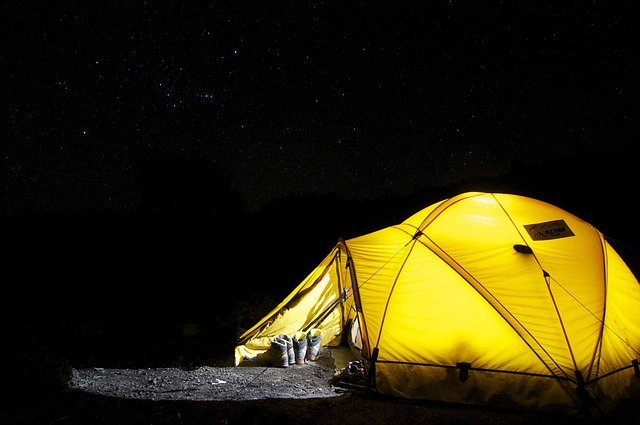Eco-Friendly Camping: How to Minimize Your Impact
Introduction: The Joy of Camping and Responsibility
There’s a simple, almost primal joy in camping — sleeping under the stars, waking up to the chirping of birds, and disconnecting from the whirlwind of modern life. Yet, as we venture into the wild and experience nature’s tranquility, it’s essential to remember our responsibility towards the environment. So, how can we enjoy camping while ensuring minimal ecological impact? Let’s explore.
Follow the “Leave No Trace” Principles
A crucial aspect of eco-friendly camping is adhering to the seven principles of “Leave No Trace.” These guidelines aim to reduce the impact of our outdoor activities on nature and include:
- Plan Ahead and Prepare: Research the campsite, understand regulations, and ensure you have the necessary gear to prevent unexpected disturbances to the environment.
- Travel and Camp on Durable Surfaces: Stick to established trails and campsites to avoid damaging flora.
- Dispose of Waste Properly: Pack out what you pack in. Carry reusable bags to collect and dispose of trash responsibly.
- Leave What You Find: Preserve the natural environment. Don’t pick flowers, move rocks, or disturb historical artifacts.
- Minimize Campfire Impact: Use a camping stove for cooking instead of making a fire. If you must have a fire, keep it small and burn only fallen branches.
- Respect Wildlife: Observe from a distance and never feed animals. Store your food securely.
- Be Considerate of Other Visitors: Respect the peace and tranquility that others are seeking in nature.
Pack Eco-Consciously: A Matter of Choosing Wisely
Everything that we bring with us on our camping trip, from food to camping gear, can have an environmental impact. Opt for biodegradable soaps, organic and locally sourced food, and eco-friendly camping gear. Consider packing items with minimal packaging, and choose reusable over disposable items whenever possible.
Make Sustainable Food Choices: For You and The Planet
Plan your meals wisely. Instead of packing processed foods in plastic wrappers, opt for fresh ingredients and prepare meals at the campsite. Choose locally sourced fruits, vegetables, and other products to reduce your carbon footprint.
Use Biodegradable Products: A Step Towards Greener Camping
When camping, it’s advisable to use biodegradable products that can decompose naturally. This includes hygiene products, like soap and toothpaste. But remember, even biodegradable products should not be left behind or used directly in water sources as they can affect water quality.
Minimal Use of Campfires: Embrace the Low-Impact Alternatives
While a crackling campfire is often synonymous with camping, it can have a detrimental impact on the environment. Wood burning fires contribute to deforestation and air pollution. Opt for a camping stove for cooking, and if you crave the comfort of a fire, consider a low-impact portable propane fire pit.
Conserving Water: Every Drop Matters
Water is a precious resource, even more so in wild areas where clean water can be scarce. Use water sparingly when cleaning dishes, taking camp showers, or cooking. Carry a refillable water bottle and consider using a portable water filter to refill from natural sources.
Conclusion: The Power of Conscious Choices
Eco-friendly camping is not just a trend, but a necessity in our times. It stems from the understanding that the choices we make — from the food we eat to the gear we use — impact the environment. So, the next time you zip up your tent and gaze up at the stars, take a moment to appreciate the beauty of nature and the role you play in preserving it. With the right practices, we can help keep camping clean for the next generation.


